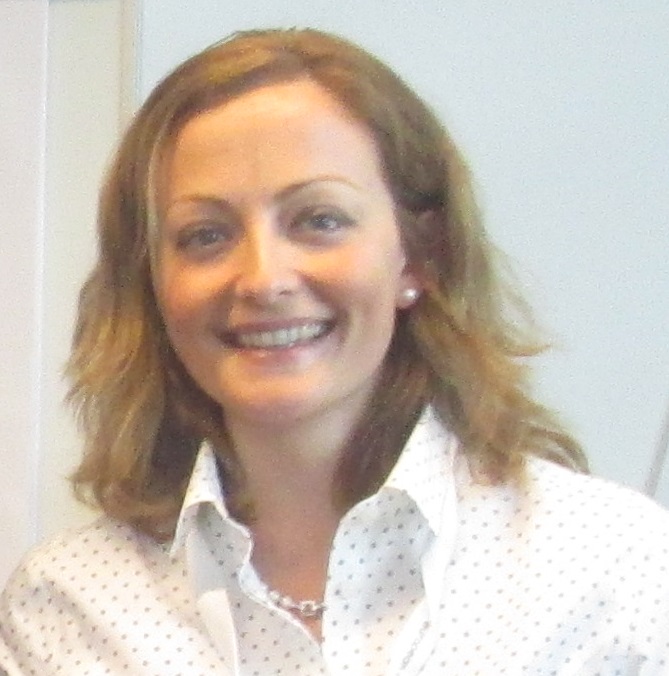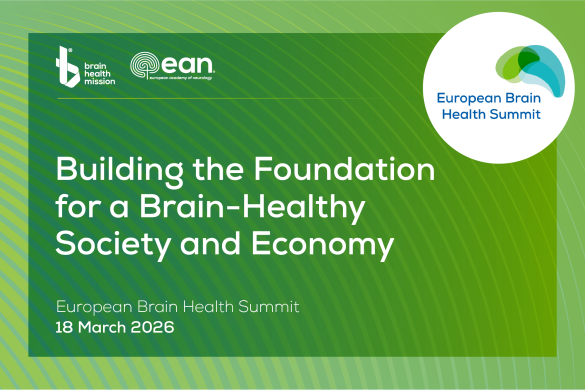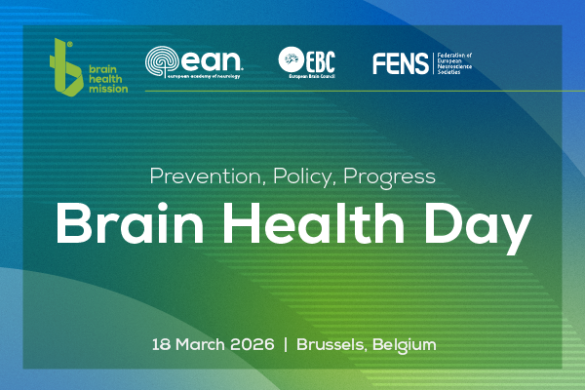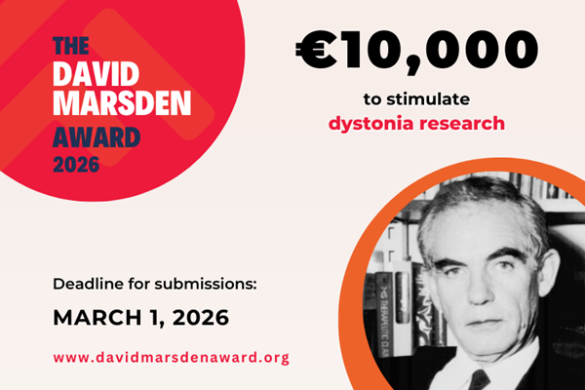
This important session was held in the main auditorium and started with the lecture on “Ethical considerations during the Covid-19 pandemic” by Marco Vergano from Italy. He made a deep overview on clinical and organisational ethics for the allocations of patients in intensive care. The lecture went through strategies for scarce resources. Prioritising patients is the key point in a pandemic situation. He discussed the situation in Italy since February when the first Covid-19 case was registered and then followed the exponential increase in cases, which made Italy the most affected country by Covid-19 after China. His group has published allocation strategies for ICU resources, including triage principles and criteria. Prof Vergano gave an overview of UK well as American guidelines. Interestingly, some data showed that some patients will never completely recover after ICU admissions. Therefore, “ICU is not a panacea”. Age and associated frailty are the two most important factors in this decision-making process. Finally, the most important lessons of this time is that “tolerating uncertainty” might be the next medical revolution.
The second speaker was Prof Renaud De Pasquier from Switzerland, who provided the virological and neurobiological view on SARS-CoV-2. The key role of angiotensin-converting enzyme 2 (ACE 2) as receptor of the virus was discussed. Severe Covid-19 infection is associated with an abnormal dysregulated hyper-immune response. Tocilizumab (anti-IL6) has showed a favourable effect in a pilot study of 20 patients. Prof. Du Pasquier discussed an interesting case of meningoencephalitis likely related to Covid-19, although this was not possible to make a proof. If this is likely the aetiology, the next question under research is whether the brain expresses ACE2. It is well known that Coronaviruses have tropism for neurons as was proved in patients died from SARS. The neuropathogenesis of SARS-Covid-2 seems related to the tropism for olfactory bulb. The high risk of thrombosis associated with this viral infection was discussed through case reports of strokes as well as pulmonary embolism. However, the underlying pathology is still unknown. The putative mechanisms might be the tropism for endothelial cells. Whereas, molecular mimicry is under study in regard to the Guillain Barre’ Syndrome related to Covid-19.











